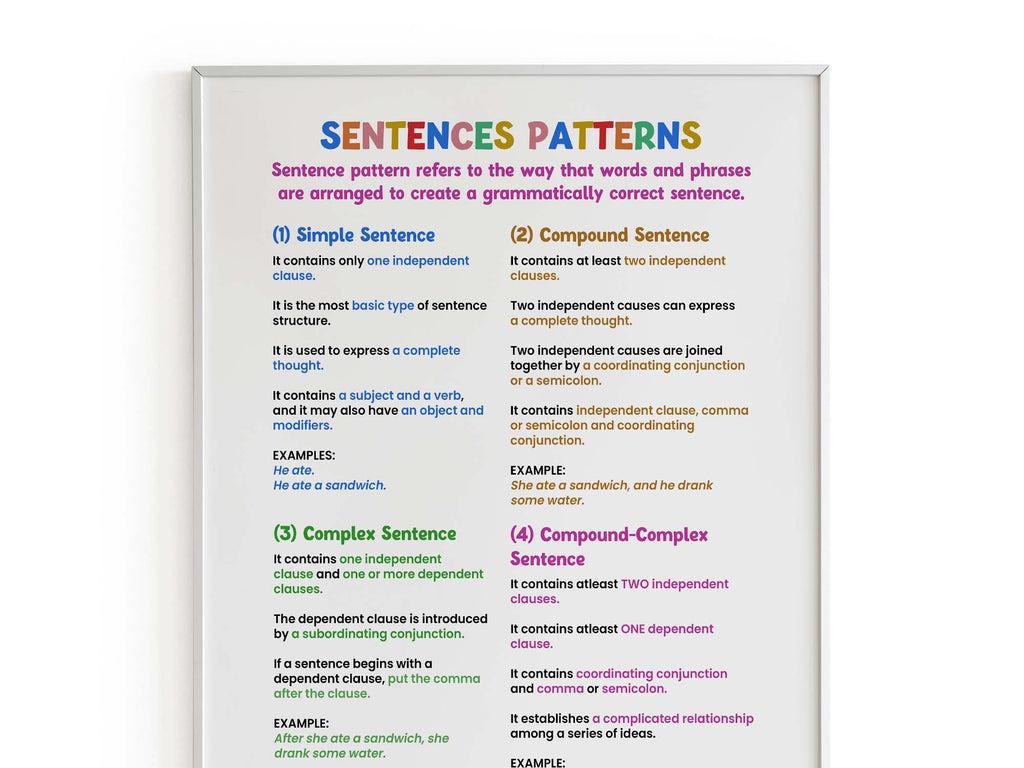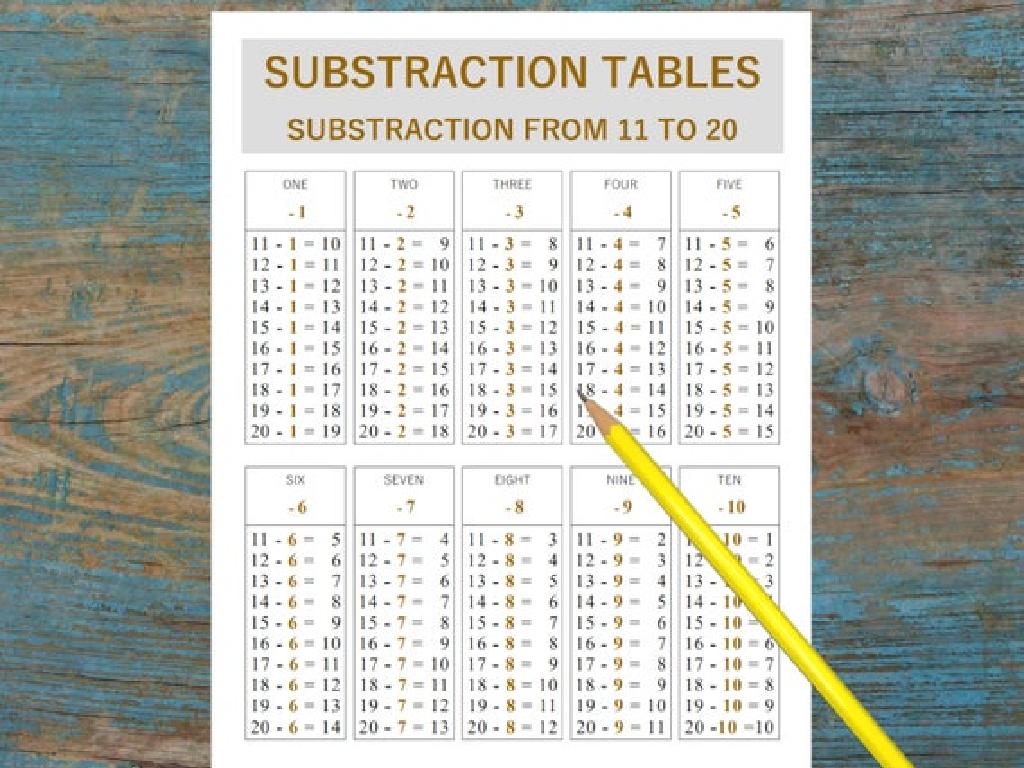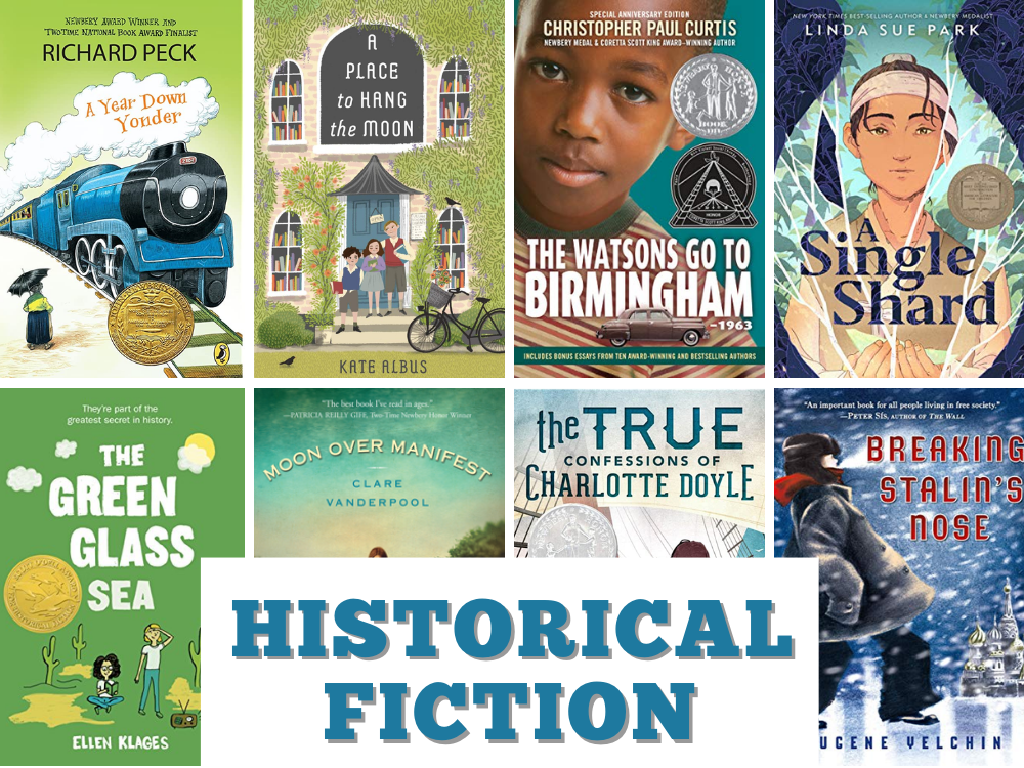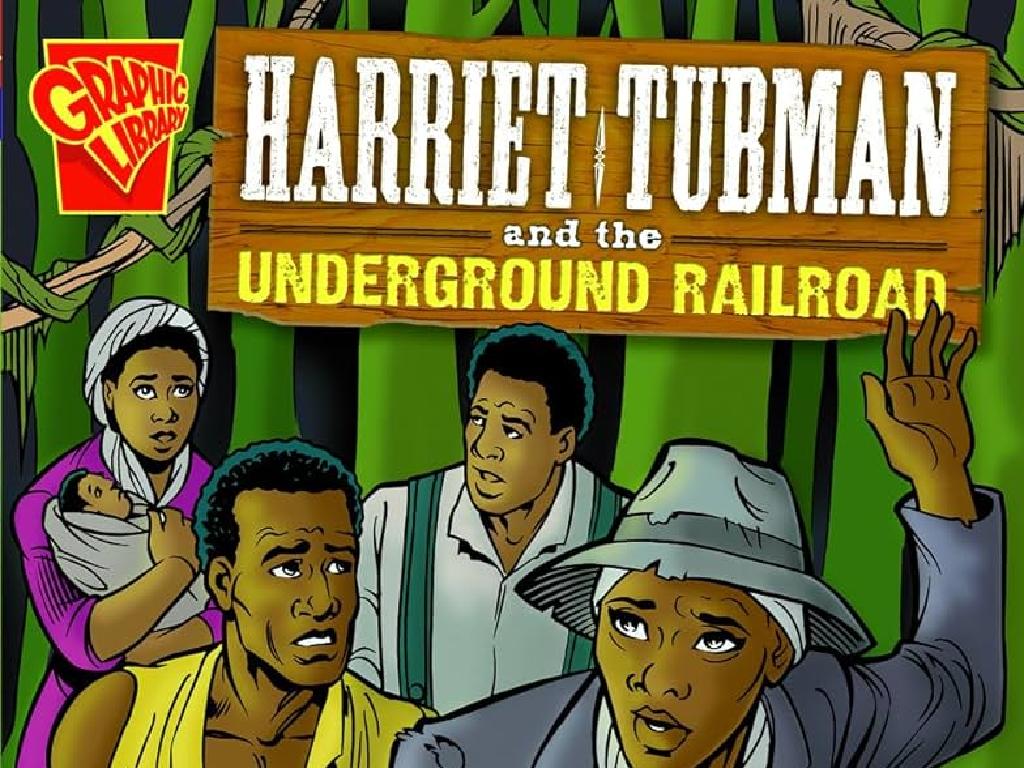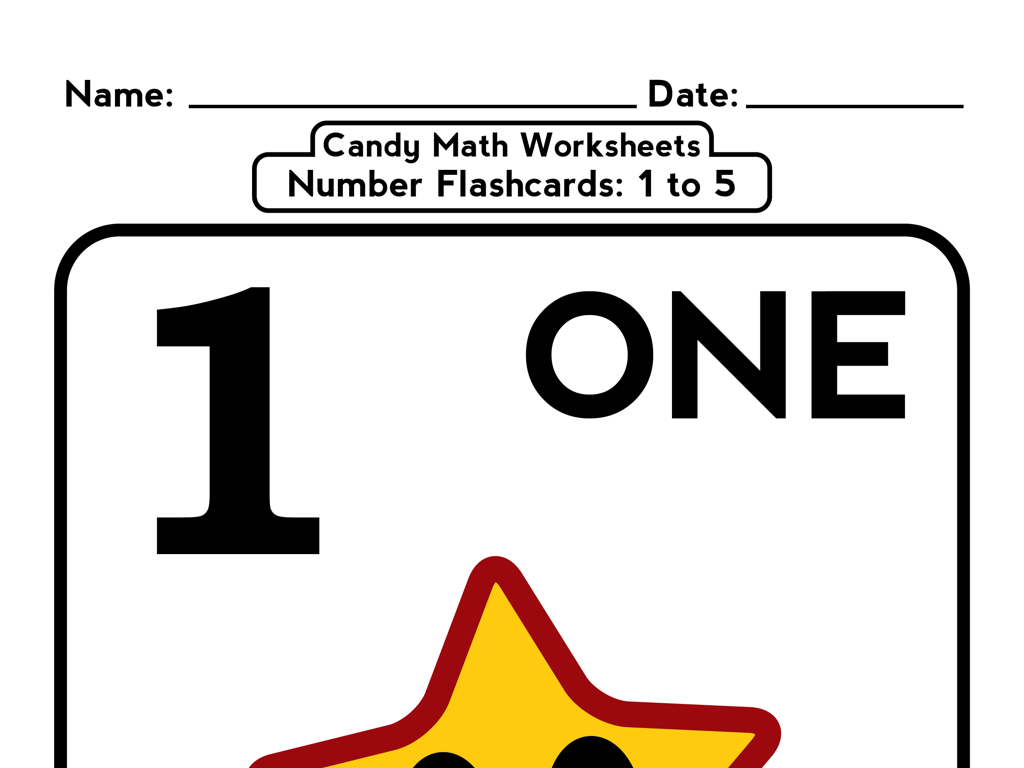Choose The Synonym
Subject: Language arts
Grade: Second grade
Topic: Categories
Please LOG IN to download the presentation. Access is available to registered users only.
View More Content
Introduction to Synonyms
– What are synonyms?
– Synonyms have similar meanings
– Words that mean the same thing, like ‘tiny’ and ‘small’.
– Examples: Happy and Joyful
– ‘Happy’ means feeling good, just like ‘joyful’.
– Examples: Fast and Quick
– ‘Fast’ means quick, same as ‘quick’.
|
This slide introduces the concept of synonyms to second-grade students. Begin by explaining that synonyms are words that mean the same or almost the same thing, which can make our writing more interesting. Use simple and familiar examples to illustrate the point. ‘Happy’ and ‘joyful’ both express a feeling of great pleasure, while ‘fast’ and ‘quick’ both describe something moving with high speed. Encourage students to think of synonyms for words they already know and use them in sentences to see how they can replace each other without changing the meaning of the sentence.
The Power of Synonyms!
– Synonyms make language exciting
– Using different words for ‘happy’ like ‘joyful’ or ‘elated’ makes stories fun to read and tell.
– They add precision to our words
– Instead of ‘big’, ‘huge’ or ‘massive’ can describe exactly how large something is.
– Synonyms enhance reading comprehension
– Understanding ‘scared’ also means ‘frightened’ helps us grasp stories better.
– Why synonyms matter
|
This slide aims to explain to second graders why learning synonyms is important. Synonyms can make our communication more vibrant and engaging. They allow us to express ourselves more accurately and can help us convey the exact emotion or description we intend. Additionally, knowing synonyms can improve reading comprehension, as it enables students to understand different words with similar meanings within texts. Encourage students to think of synonyms as a toolkit for making their stories and conversations more colorful and precise. Provide examples and ask them to come up with their own synonyms for common words they use.
Choosing the Right Synonym
– Synonyms are similar words
– Context influences synonym choice
– Words can have the same meaning but not always fit well in every sentence.
– Selecting the best synonym
– We’ll learn how to pick the synonym that sounds right in a sentence.
– Practice with sentence examples
– We’ll use examples to understand better.
|
This slide introduces the concept of synonyms to second-grade students and emphasizes the importance of context in choosing the correct synonym. Synonyms are words that have similar meanings, but depending on the sentence, one synonym may be more appropriate than another. The slide sets the stage for an interactive lesson where students will practice selecting the best synonym for a given sentence. The teacher should prepare examples where different synonyms are more suitable, despite having similar meanings, to illustrate how context matters. Encourage students to think about the feeling or idea the sentence is trying to convey and choose synonyms that best match that intention.
Example Time: Synonyms in Sentences
– ‘Tiny’ and ‘small’ in a sentence
– Can ‘small’ change to ‘little’?
– Both mean not big, but do they fit the same way?
– Discuss with a partner
– Share ideas about using synonyms
– Explain your reasoning
– Why is one better than the other here?
|
This slide is designed to engage students in understanding synonyms by using them in context. The example provided uses the words ‘tiny’ and ‘small’, which are synonyms, but the exercise challenges students to consider if they are interchangeable in the context of the sentence. By discussing with a partner, students practice verbalizing their thought process and reasoning. The teacher should facilitate the discussion by asking guiding questions and encourage students to think about nuances in word meanings. This activity helps students understand that while synonyms have similar meanings, their usage might vary based on context.
Synonym Match Game
– Let’s play a synonym game!
– Match words with their synonyms
– Find pairs of words that mean the same
– Get ready to think fast!
– Ready, set, go!
|
This slide introduces a fun and interactive class activity focused on synonyms. The game will help students understand that synonyms are words that have similar meanings. Prepare a list of word pairs in advance, with one set on the left side of the board and the other on the right, mixed up. Students will match words from the left to their synonyms on the right. For example, ‘happy’ on the left would match with ‘joyful’ on the right. Encourage students to think quickly and discuss their choices with a partner. This activity will enhance their vocabulary and comprehension skills. After the game, review the matches as a class to ensure understanding.
Create Your Own Synonyms
– Pick a word from the word wall
– Think of synonyms for your word
– Synonyms are words that mean the same as another word
– Write down your synonyms
– Share with the class
– Tell us your synonyms and why you chose them
|
This slide introduces a class activity focused on synonyms, which are words with similar meanings. Start by explaining what synonyms are and why they are important. Encourage students to look at the word wall and choose a word they are familiar with. Then, ask them to brainstorm and write down as many synonyms as they can. Provide examples if necessary to help them get started. Finally, prepare for a sharing session where each student will present their synonyms to the class. This activity will help students expand their vocabulary and understand the concept of synonyms in a fun and interactive way.
Class Activity: Synonym Charades
– Let’s play Synonym Charades!
– One student acts out a word silently
– Remember, no talking while acting!
– Classmates guess the word and synonyms
– Think of words that mean the same
– Learning synonyms can be fun!
|
This interactive class activity is designed to help second-grade students understand and practice synonyms in a fun and engaging way. Synonym Charades is a variation of the classic game charades, tailored to reinforce the concept of words having similar meanings. Each student will have a turn to act out a word silently, while the rest of the class tries to guess the word and come up with synonyms for it. This activity not only aids in vocabulary building but also encourages teamwork and critical thinking. As a teacher, facilitate the game by ensuring each student gets a turn and by helping the class with hints if they get stuck. Prepare a list of words suitable for second graders that have clear synonyms, and be ready to guide them towards understanding how different words can have similar meanings.

